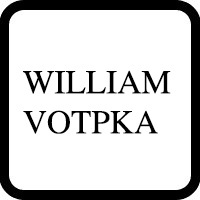Princeton White Collar Crime Lawyer, Kansas
Sponsored Law Firm
-
 x
x

Click For More Info:
-
The Law Offices of Richard L. Cooper, P.A.
848 Brickell Avenue Suite 800 Miami, FL 33131» view mapDWI/DUI, Drug Trafficking, Felony Nationally Ranked Top 40 Under 40
With Richard L. Cooper you can expect a trusted confidant who will work diligently to fully understand your case and determine a road map to help you regain control of your life.
800-756-2781
Not enough matches for Princeton White Collar Crime lawyer.
Below are all Princeton Criminal lawyers.
William Christopher Votypka
✓ VERIFIEDIntroducing William Votypka: A Trusted Advocate for Personal Injury Matters in Missouri In the complex and challenging landscape of personal injury... (more)
Jerry Lee Wallentine
✓ VERIFIEDI began my career learning from some of the best, most experienced lawyers in Kansas. That experience has helped me become a skilled trial lawyer. Now... (more)
Kevin E. Dellett
✓ VERIFIEDKevin E. Dellett is an accomplished trial attorney who handles legal issues including collection cases & landlord/tenant disputes (representing both p... (more)
Joseph P. Huerter
✓ VERIFIEDJoe is a trial lawyer. He brings his litigation skills to a variety of matters, including the representation of people injured in automobile and motor... (more)
D. Todd Arney
FREE CONSULTATION
CONTACTFREE CONSULTATION
CONTACTFREE CONSULTATION
CONTACTJames Joseph Rosenthal
FREE CONSULTATION
CONTACT
 Richard L. Cooper Miami, FL
Richard L. Cooper Miami, FL AboutMiami Attorney at Law
AboutMiami Attorney at Law ServicesCriminal Defense
ServicesCriminal Defense




